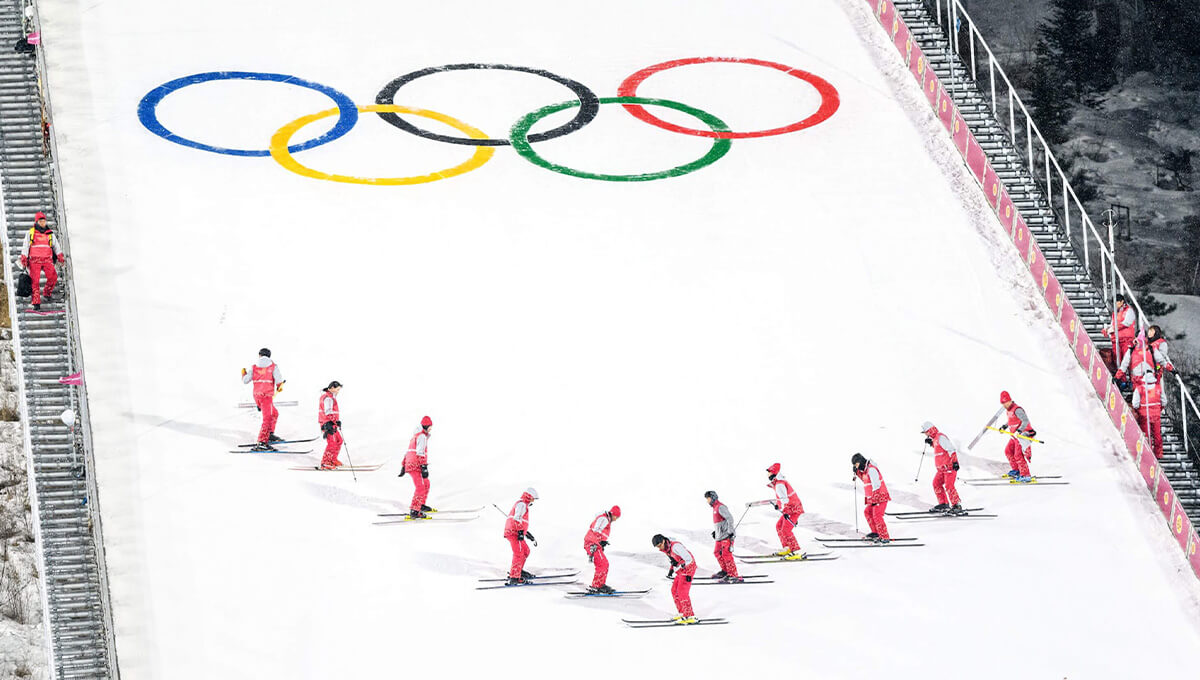Sports have a profound social and cultural impact, influencing various aspects of society and shaping identities, values, and community dynamics. Here’s an exploration of the multifaceted ways in which sports affect social structures and cultural norms:
1. Community Building and Identity
- Local Pride: Sports teams often serve as a source of pride for communities, fostering a sense of belonging and identity. Local teams can unite diverse populations, creating a shared experience that transcends individual differences.
- Cultural Representation: Sports can reflect and promote cultural identities. For example, traditional sports may celebrate indigenous cultures, while international competitions like the Olympics showcase the diversity of nations.
2. Social Cohesion and Inclusion
- Bridging Divides: Sports can bring together people from different backgrounds, fostering social cohesion. Events like community sports leagues and tournaments encourage participation from various demographics, promoting inclusivity.
- Role Models: Athletes often serve as role models, particularly for young people. Their achievements can inspire individuals to pursue their dreams, regardless of their background, and promote values such as hard work, perseverance, and teamwork.
3. Economic Impact
- Job Creation: The sports industry generates significant employment opportunities, from athletes and coaches to support staff and administrative roles. Local economies benefit from sports events through job creation and increased tourism.
- Infrastructure Development: Hosting major sporting events can lead to infrastructure improvements, such as stadiums, transportation systems, and public facilities, benefiting the community long after the event has concluded.
4. Health and Well-Being
- Promoting Physical Activity: Sports encourage physical activity and healthy lifestyles, contributing to public health initiatives. Community sports programs can help combat issues like obesity and sedentary behavior.
- Mental Health Benefits: Participation in sports can improve mental health by reducing stress, anxiety, and depression. The social interactions and sense of achievement associated with sports can enhance overall well-being.
5. Cultural Exchange and Globalization
- International Competitions: Events like the Olympics and World Cup promote cultural exchange, allowing nations to showcase their traditions and values. These events foster mutual respect and understanding among diverse cultures.
- Global Fan Base: The globalization of sports has created a worldwide fan base, with people following teams and athletes across borders. This interconnectedness promotes cultural dialogue and shared experiences.
6. Social Issues and Activism
- Platform for Change: Athletes and sports organizations often use their platforms to address social issues, such as racial inequality, gender discrimination, and environmental concerns. Movements like "Black Lives Matter" have seen significant support from the sports community.
- Advocacy for Equality: Sports can be a powerful tool for advocating for social justice and equality. Initiatives promoting gender equality in sports, LGBTQ+ rights, and accessibility for individuals with disabilities have gained traction in recent years.
7. Cultural Norms and Values
- Influence on Youth: Sports shape cultural norms and values, particularly among youth. The emphasis on teamwork, discipline, and competition can instill important life skills and values.
- Media Representation: The portrayal of sports in media influences societal perceptions of gender, race, and class. Positive representation can challenge stereotypes, while negative portrayals can reinforce harmful narratives.
8. Challenges and Controversies
- Commercialization: The commercialization of sports can lead to ethical concerns, such as the prioritization of profit over community values. Issues like ticket pricing, sponsorships, and athlete exploitation can arise.
- Violence and Hooliganism: While sports can unite, they can also lead to violence and hooliganism, particularly in highly competitive environments. Addressing these issues is crucial for maintaining a positive sports culture.
Conclusion
The social and cultural impact of sports is vast and complex, influencing communities, identities, and societal values. Sports serve as a powerful medium for fostering connection, promoting health, and advocating for social change. As society continues to evolve, the role of sports in shaping cultural narratives and addressing social issues will remain significant, highlighting the enduring power of athletic competition to inspire and unite people across the globe.






